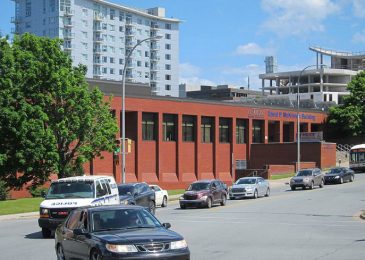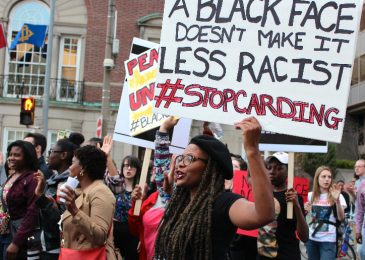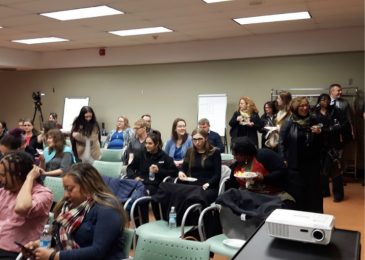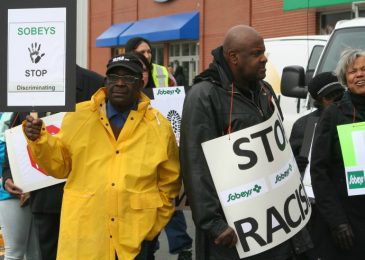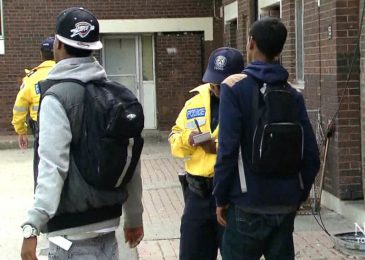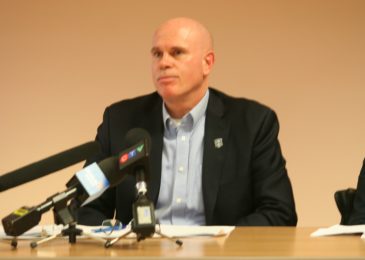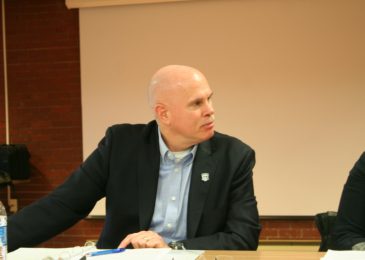Robert Wright: In the Black community carding resonates with a history that is traumatic
A long interview with Robert Wright, one of the African Nova Scotians who earlier this year demanded that the practice of carding be suspended. We talked with Wright about why carding generates such anger among Black Nova Scotians, the over surveillance of Black communities by police, the white indifference to the issue, how anger at police better be directed at politicians, and why carding is ineffective. More than anything we talked about racism.


